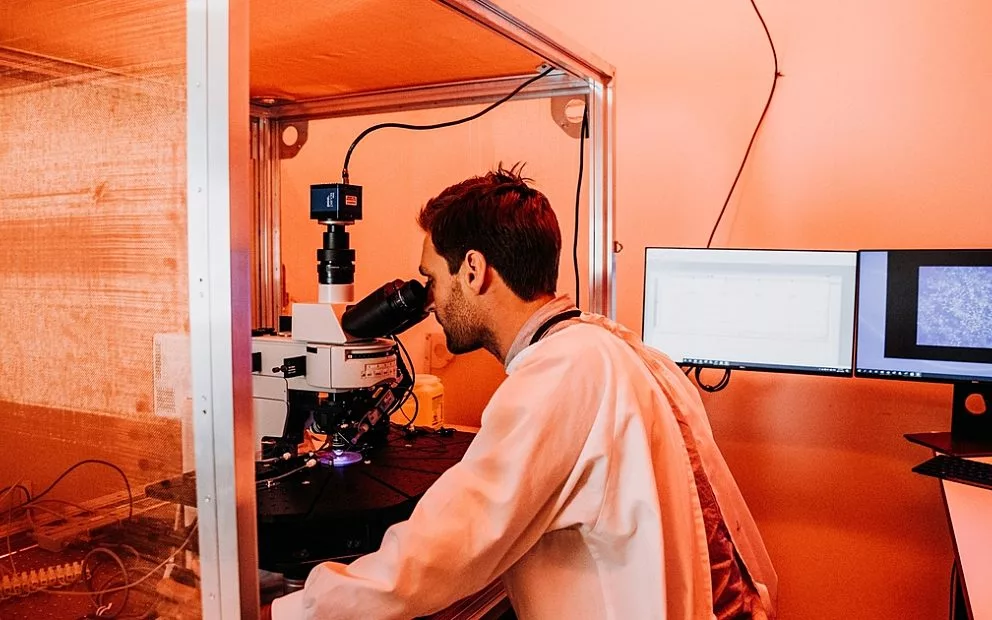The key chemical for happiness and sadness, serotonin, is also a force in our body’s weight gain and calorie control, and scientists say more research could reduce obesity rates.
In a new development in gastrointestinal research, researchers from Flinders University, SAHMRI and the University of Adelaide have found more evidence that elevated concentrations of serotonin, the crucial neurotransmitter that chemically transmits messages to nerve cells in the body, is also linked to obesity.
NHMRC Research Fellow Professor Damien Keating, from Flinders University and the South Australian Health and Medical Research Institute was part of a large international research team that has found human obesity is characterised by an increased capacity to produce and release serotonin, which is mostly made in the gut.
Professor Keating explains that the gut makes 95% of our body’s serotonin, but this chemical created in the gut does not cross into the brain and instead performs a multitude of other roles throughout the body. Unfortunately, this can include worsening diabetes and obesity - and people with a higher body mass produce even higher levels of unwanted serotonin that magnify this problem.
Professor Keating led a large team of researchers – including collaborators from US pharmaceutical company Pfizer, the NHMRC Centre of Research Excellence in Translating Nutritional Science to Good Health, SAHMRI, University of Adelaide Associate Professor Richard Young and other experts at the Flinders College of Medicine and Public Health.
Their findings are catalogued in the article titled “Augmented capacity for peripheral serotonin release in human obesity”, which has been published in the International Journal of Obesity.
The research team demonstrated that escalated serotonin creation is caused by an increase in the number of cells in the gut wall that make serotonin. This gut-derived hormone may therefore be an underappreciated contributor to obesity in humans, and therapies that target gut serotonin may help to treat obesity.
“We know from a raft of recent high profile publications that gut-derived serotonin causes diabetes and obesity, but we didn’t know if this was relevant to such disorders in humans. Our findings are the first work implicating serotonin as a driver of worsening obesity in humans,” says Professor Keating.
“Having established this, we can now focus on understanding why this happens, so we can develop methods to reduce circulating serotonin levels. These sorts of therapeutic outcomes are exactly why Pfizer decided to partner with us in this research area over the past four years.”
University of Adelaide Senior Research Fellow, Associate Professor Richard Young, says these findings also indicate that obese humans secrete excess serotonin from the upper gut at rest, as well as during a meal.
“This has revealed new ways that we may be able to control the release of serotonin from within the gut, and in turn, further improve the outlook for people living with obesity”, says senior co-author on the paper Associate Professor Young.
The project is part of an ARC Linkage supported collaborative research project investigating the peripheral-intestinal serotonin system in humans. This system has novel and emerging roles in metabolic control, and is an exciting prospect for future novel therapies for obesity and Type 2 diabetes.


